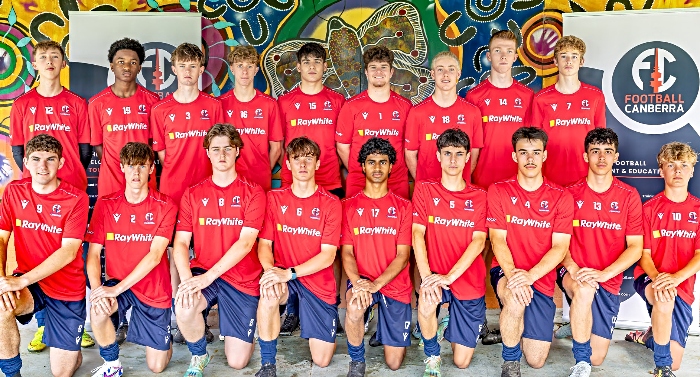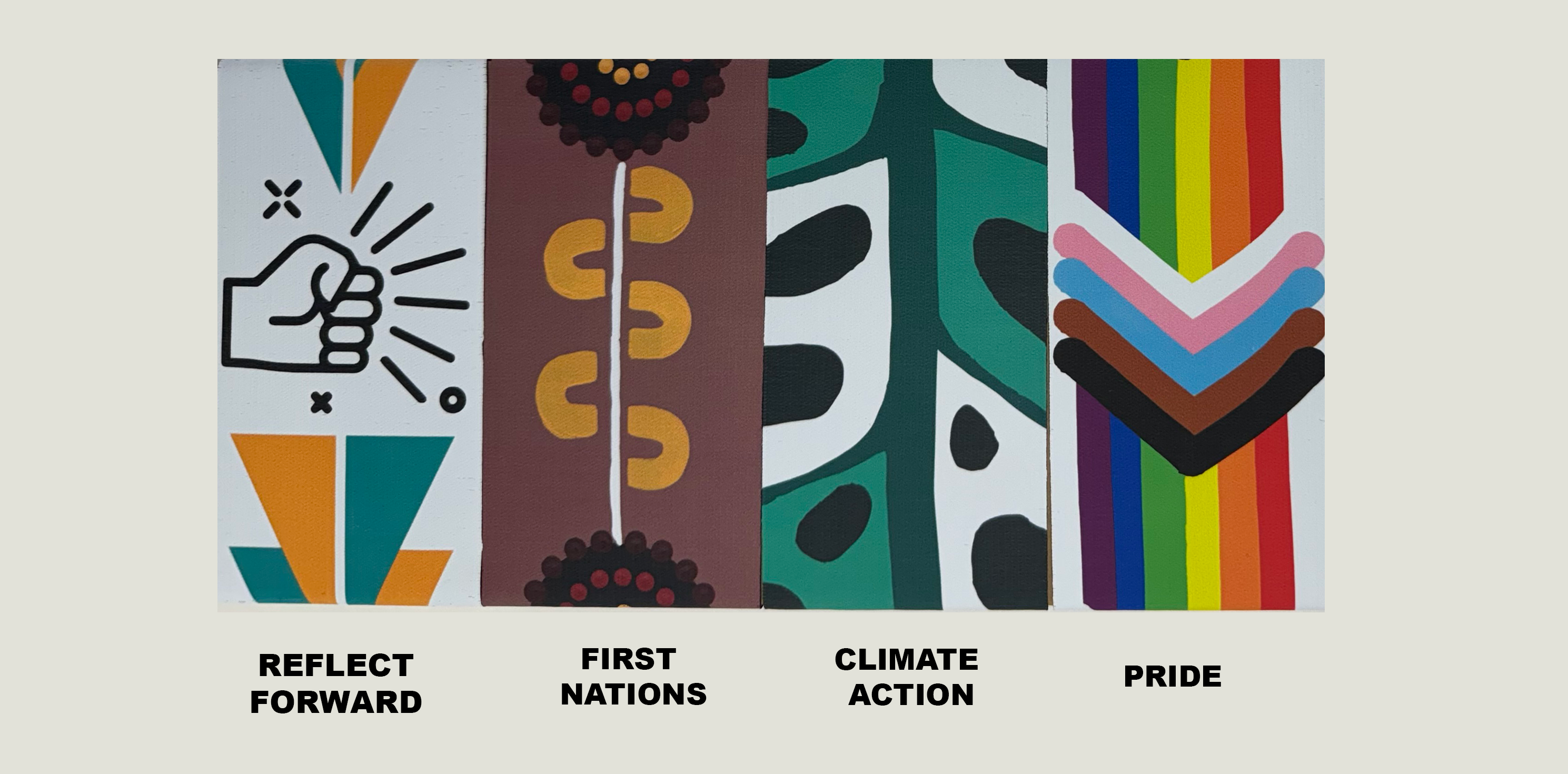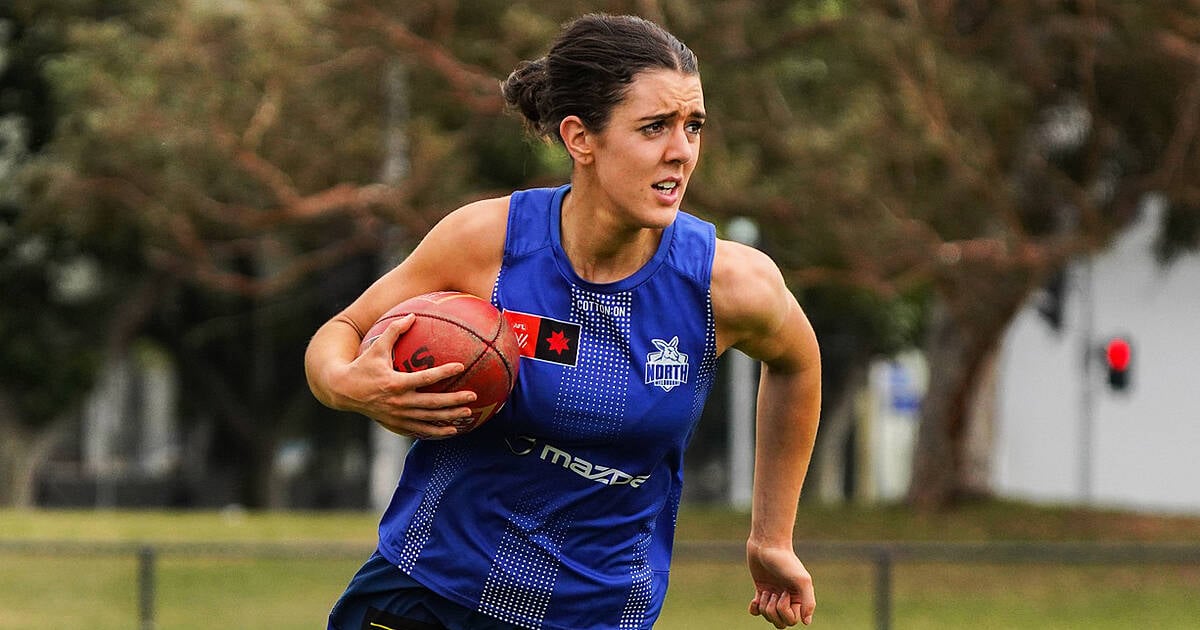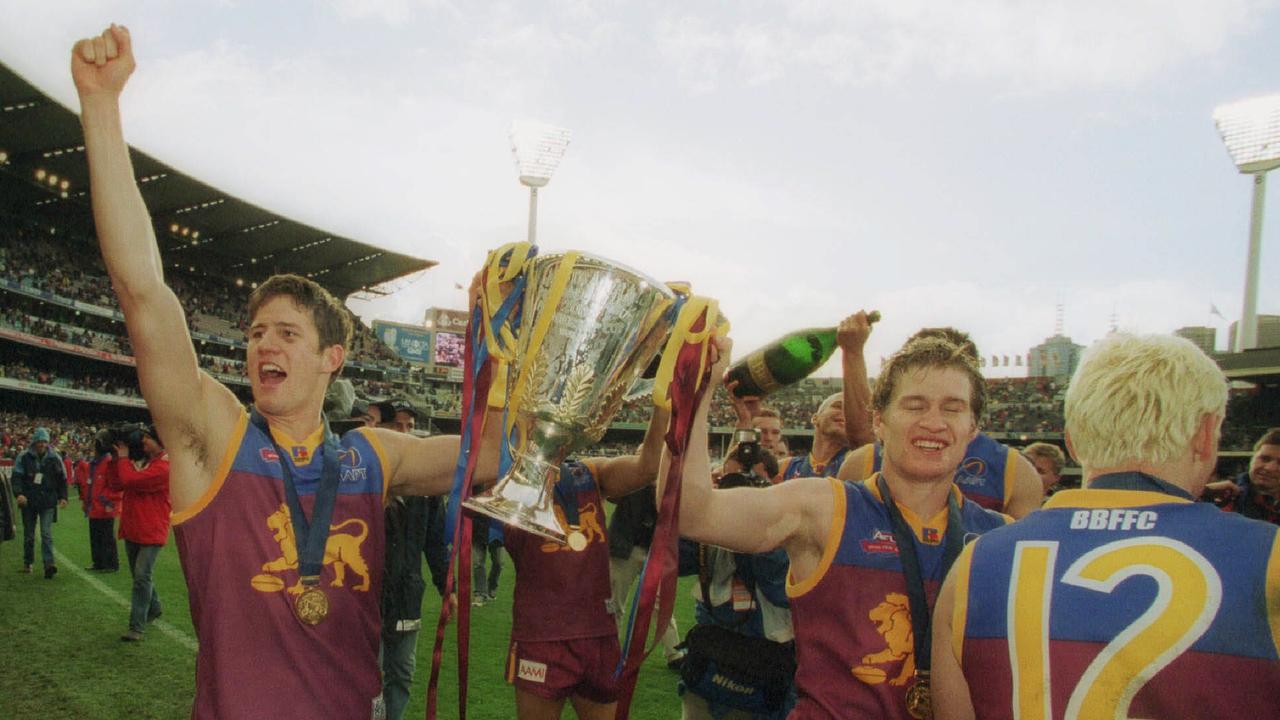Jimmy Rooney: The Players’ Player

- by Admin
- May 30, 2024
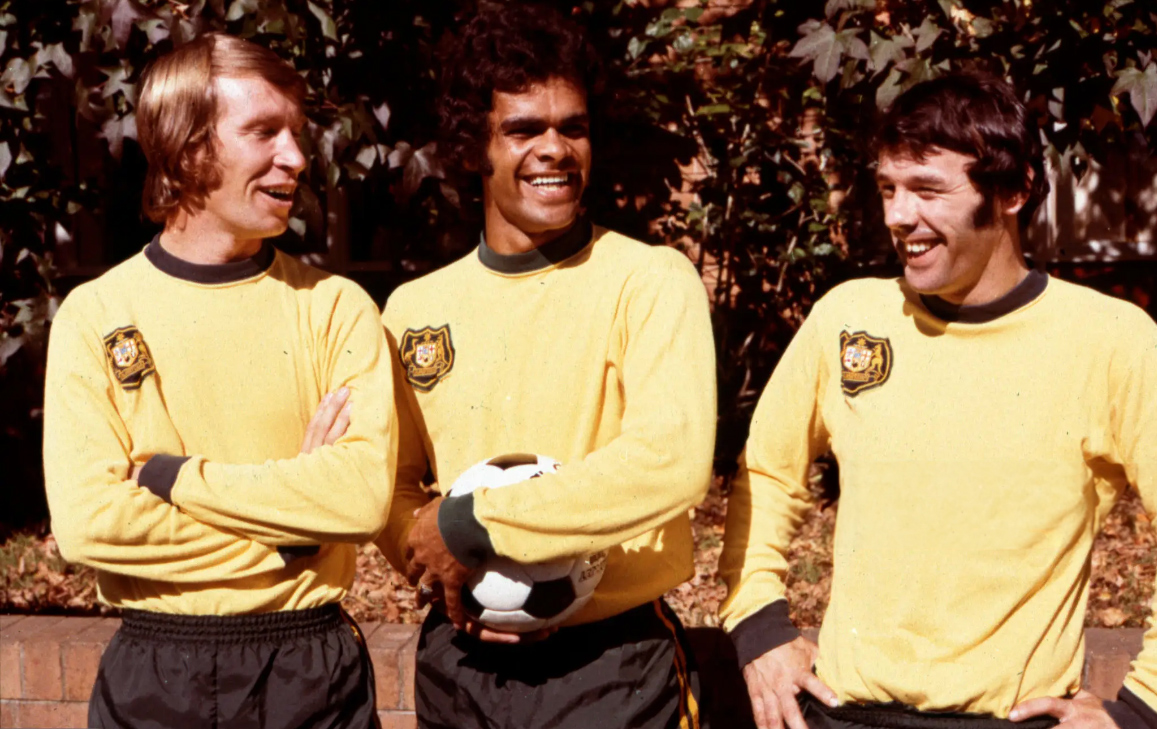
When former Socceroo, Jimmy Rooney, boarded a jet plane from Scotland bound for Melbourne in 1968, he could never have imagined what an impact he would make on the course of Australian football history.
The memory of Jimmy Mackay who scored that piledriver in downtown Hong Kong on November 13th, 1973 for Australia to qualify for the first World Cup Finals in Germany is enshrined in football folklore.
However, it is rarely mentioned that his fellow midfielder and best mate, Jimmy Rooney, laid off the perfect pass in Mackay’s pathway to allow him to slam the ball into the top of the net.
Jimmy Rooney never looked for publicity and did his talking on the football field.
In the 59 full internationals he played for his adopted country, he gave blood, sweat and tears for his team.
From the time he was first selected in the national team, he was always one of the first players selected on the team sheet by coach Rale Rasic.
Rooney looks back with great pride that he was part of that voyage of discovery to Germany in June, 1974 and is forever grateful that Australian football provided that chance of a lifetime.
In this interview with Roger Sleeman, Jimmy Rooney espouses his feelings about participation in Germany, discusses the three group matches and the significance of the event for Australian football.
ROGER SLEEMAN
What feelings entered your mind as you left Australia to participate in the 1974 World Cup Finals?
JIMMY ROONEY
It’s every footballer’s dream to play in a World Cup and in 1974 a number of good countries like England didn’t make the finals. Nevertheless, we didn’t have it easy to qualify as only one team from Asia qualified and the travel throughout the continent and back to Australia was very demanding
Consequently, there was great cause to be proud of our achievements .
RS: Could you have ever contemplated when you first came to Australia that you would experience such a high point in your football career?
JR: It was a simple case of being in the right place at the right time and the breaks came my way which led to this immense feeling of pride and wonderful sense of fulfilment.
RS: How big was the task playing in such a tough group with the two German teams and Chile?
JR: Although, we were aware of the challenge we didn’t let it affect our thinking. Also, we didn’t regard our opponents as heroes and were only striving to get the best results possible.
RS: Was the planning and preparation by Rale Rasic in the previous four years key to this positive mindset?
JR: Rasic was an absolute genius and I can’t praise him enough for what he did for the game here.
RS: How difficult was it for a team of part time players matching it with seasoned full professionals?
JR: We accepted that gap and didn’t lose any sleep about it. The fact we were part of the tournament with the best teams in the world competing was the real prize and the motivating factor to produce our best.
RS: How confident were you as an individual to compete against the might of these opponents?
JR: I was confident in my coach and team-mates and with the achievement of qualifying , that allowed me to perform to the best of my ability.
RS: Was the team at an extreme disadvantage without Ray Baartz?
JR: Definitely, because he was recognised as the best player in the squad but we all had jobs to do. Nevertheless, Baartz was an enigma who was always capable of producing the unexpected, and who knows what would’ve happened if he’d played.
RS: How did Rasic plan to play against the two German teams?
JR: There was no specific plan but we related to our individual jobs. However, against such strong teams we weren’t about to go on the offensive , rather make sure we were solid at the back and hopefully rely on players like Atti Abonyi, Branko Buljevic and Noddy Alston to threaten on the counter attack.
RS: What are your recollections of the first match against East Germany?
JR: The first goal was unlucky as Col Curran just couldn’t get close enough to the ball to stop it going into the corner of the net. The second goal, a superb volley from their striker, Streich, was one of the best goals of the tournament and there was no way it could be prevented.
RS: In the match, what was the main difference between your players and the East Germans?
JR: They maintained possession much longer than us and we did a lot of ball chasing which made it pretty hard against an opponent who had 75% of the ball. Therefore, to restrict them to two goals was a more than satisfactory result, especially reflecting on their defeat of West Germany in the group stage.

RS: What was the feeling before the West German clash?
JR: I didn’t overthink about the enormity of the task but I knew my family back in Dundee were eagerly awaiting the contest. When we ran onto the field and lined up facing Franz Beckenbauer and Gerd Muller, I experienced a feeling I can’t explain. All I could do was put my 100 % effort in and at the highest level that was the challenge.
Who knows what could’ve happen if Noddy Alston hadn’t hit the ball straight at Sepp Maier in a one on one and Atti Abonyi hadn’t hit the post in the second half? On the balance of play, it was no disgrace to lose to the eventual champions 3-0, particularly as they led 2-0 at half time.
We did well to deny them from scoring more than once in the second half. Significantly, critics agree this was one of the finest national teams to grace a World Cup so our performance couldn’t be understated.
RS: Should we have beaten Chile in the third group match?
JR: Yes, we had a number chances but it just didn’t happen. We certainly weren’t overwhelmed in the match.
RS: What were the lessons learned in comparing individual ability and tactical plans of the other countries?
JR: When the draw was made it was considered a foregone conclusion that the two German teams would proceed to the second stage. As part timers we were up against it from the start but all the players gave 100%.
However, in comparing the standard of our individual players and the tactics of our opponents , the clear lesson remained that Australia needed full time professionalism which really didn’t take place to a limited extent until the NSL started in 1977. The benefits of full time professionalism can be clearly seen in the modern Socceroo selections where players compete all over the world in the best of environments.
RS: Are the 1974 Socceroos sufficiently recognised by the football community?
JR: It’s hard to receive accolades for an event which took place fifty years ago but nobody can take away the fact that we were the first Australian team to qualify for a World Cup Final series. It’s really only when an official function is held that we receive kudos but people do make comments when I go to NPL matches in Melbourne.
However, I am really looking forward to the official function the FA is holding on June 14th to celebrate the 50 years since we played East Germany in the first match.
The Latest News
-
December 25, 2024‘Stops riots outside the Members Stand’: Aussie skipper backs cult hero for big MCG return
-
December 25, 2024Sam Konstas is the right player at the right time for Australia. Here’s why
-
December 25, 2024Christmas at the ‘G! Aussie stars and family lap up big day
-
December 25, 2024‘They’re the idiots who picked me’: Aussie skipper’s hilarious message to relieve pressure on new opening sensation
-
December 25, 2024Boxing Day NFL on Netflix: What time is Beyonce performing in Australia? | Sporting News Australia
